A proliferation in community and business-led car clubs is extending the reach of these services beyond city limits to more rural areas across the UK.
Consequently, more fleets are considering them as an alternative to pool cars or staff using their own car for business – the grey fleet.
The sector is seen to have such potential that BMW is exploring a car-sharing product for its alternative driveline vehicles in 2013.
The UK now has five established car clubs, according to CarPlus, the umbrella body for car clubs, which primarily serve cities.
However, an additional 30 or so community car clubs are providing a service to more rural locations. These operations are typically private entrepreneurs or businesses linking up to offer cars to both private individuals and companies, often with the support of the local authority.
They typically operate just a handful of vehicles and often have an environmental agenda. Hooky Car Club in Hook Norton, Oxfordshire, for example, runs three cars on waste-oil sourced bio-diesel.
Alternatively, neighbouring companies which occasionally need an expanded fleet might develop a car share club to flex numbers without unnecessary capital investment.
There are a number of benefits to replacing poorly utilised pool or grey fleet cars with car club vehicles, although a straight per-mile cost-saving is not necessarily among them.
Administering the grey fleet involves increasingly onerous duty of care considerations, plus costly expenses claims for mileage.
Car clubs say they can provide detailed per-user breakdowns and also remove the standing cost of unused vehicles (such as pool cars overnight or at weekends).
Schemes such as Hertz On Demand allow companies to choose whether to pay for their own fuel and insurance or bundle it with the hire charge.
Others – such as City Car Clubs, which has 600 cars and vans available in the UK – put the onus on users to fill up the tank but with all billing handled centrally and included in the hire cost.
British Airports Authority (BAA) has nine Hertz On Demand cars at Heathrow, replacing 12 of its own fleet vehicles, while consultancy firm Pricewaterhouse Coopers (PWC) has electric vehicles stationed at London and Birmingham.
“Companies do not necessarily save on monthly rental but they can reduce their fleet,” said Neil Cunningham, Hertz general manager for UK and Europe. He added that while BAA is using the car club to improve fleet utilisation, PWC is replacing staff taxi journeys around the city.
Common Wheels has launched a new service in Bristol in which its cars will be available to fleets during the day but can be used by staff and residents in the evenings and weekends, ensuring optimum usage.
The first fleets have already signed up. “The after-hours bookings generate revenue which we share with whichever company has booked the car during the day,” said director Philip Igoe.
According to Zipcar, companies can save up to 25% against private mileage reimbursement, taxis, fleet cars and traditional rental by using car club services.
Comprehensive insurance, the Congestion Charge, maintenance, roadside assistance and 40 miles’ free fuel per day are all included in its rates which start from £3.96 an hour (excl. VAT).
Chris Spiers, health development manager at The Conservation Volunteers, uses Zipcar vehicles for staff and volunteers.
“Zipcar is really flexible,” he said. “Our only alternative would be to lease or purchase a vehicle. The costs would be significantly higher.”
Chas Ball, chief executive of CarPlus, said business use outstrips retail in some areas.
Demand is greatest among local authorities. City Car Clubs alone has accounts with city councils in Sheffield, Kirklees, Leeds, Edinburgh, Glasgow, Ealing, Brighton and Hove, Southampton and Manchester. Large companies and SMEs alike can benefit.
Keith Kelly, head of locations at City Car Club, said: “There are many small firms based in city centres whose employees can conveniently commute to work by public transport but do occasionally need to travel to see clients.”
Daily utilisation reports enable the company to respond quickly to oversubscription by adding cars.

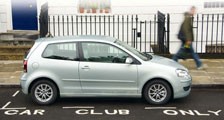
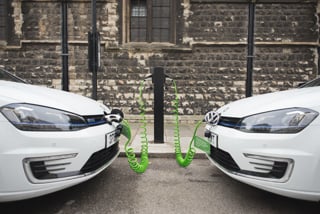
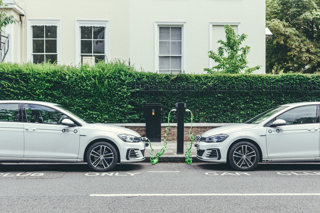
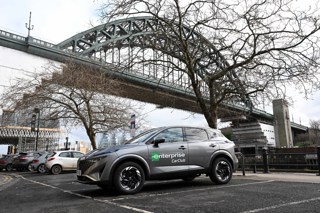

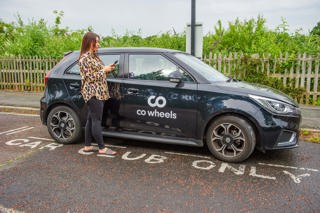












Login to comment
Comments
No comments have been made yet.